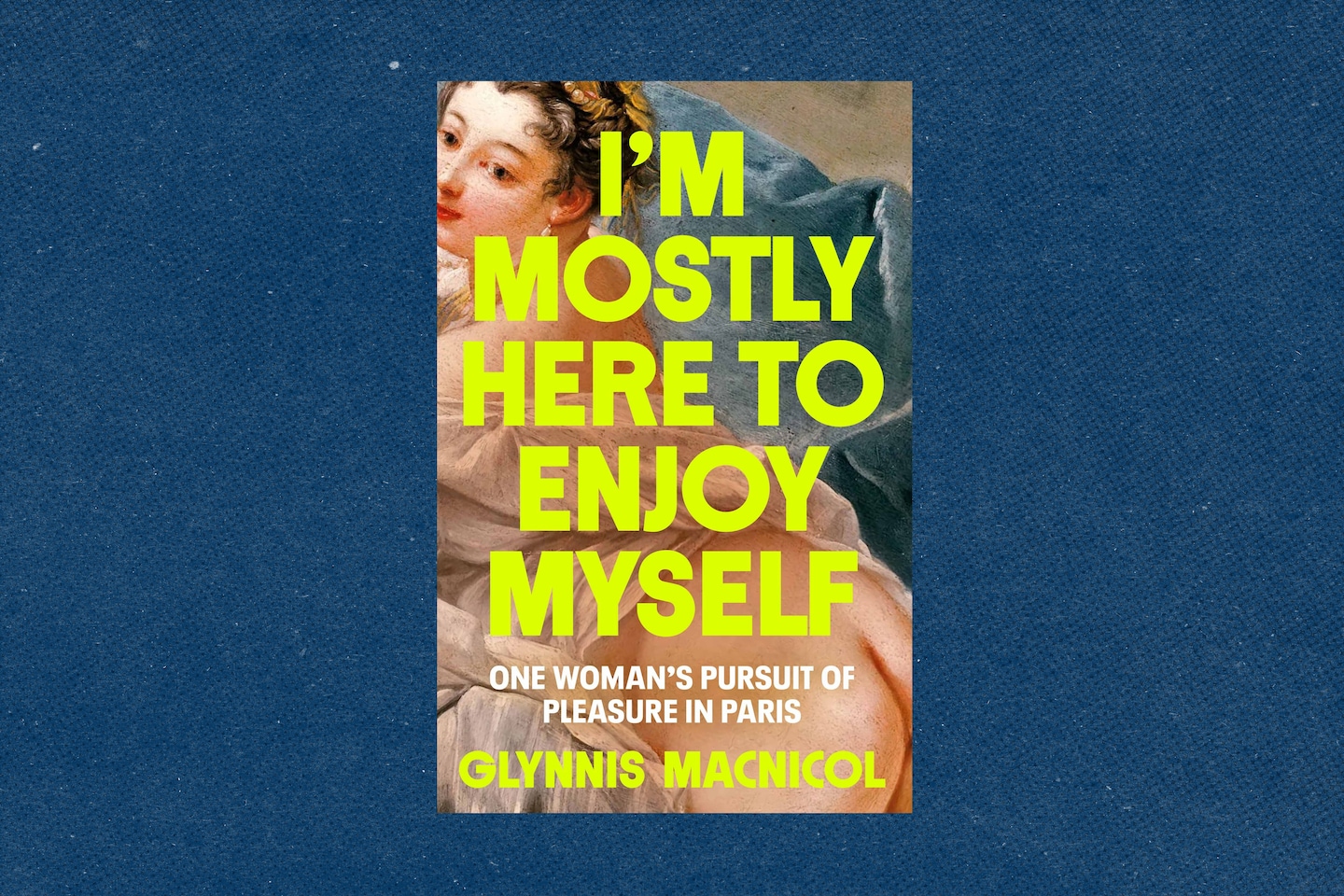
MacNicol, 46, is newly arrived in Paris from New York, where she spent more than a year of the pandemic alone in her apartment, untouched. She’s suffering from “skin hunger” and is seeking a cure. “My body is here for pleasure,” she notes, adding: “It’s a beautiful day and I have nothing to lose.” To “Silhouette” she types, “I’m on my way.”
The question of whether an unattached woman is free to explore her own pleasure in any form and location she wishes seems to never go away. In the 18th century the fictional “Fanny Hill” (the creation of a male writer) scandalized England with recollections of her life as a “woman of pleasure.” Nearly 300 years later, Emma Stone played a version of Fanny Hill, Bella Baxter, a woman who uses her time at a brothel to self-actualize, in “Poor Things.” The 1970s gave us “Fear of Flying,” the ’90s served up “Sex and the City,” and a decade or so later on “Girls,” we saw Hannah Horvath’s commitment to awkward, unfeminist sex.
Maybe each heroine secretly hopes she is the true sexual pioneer and has settled the question forever. But the truth so far has turned out to be more circular. Every era just ends up reinventing its own particular flavor of self-satisfied libertine, who is, or imagines herself to be, offensive to the masses of settled matrons.
“As I move through my forties, I’ve found myself becoming increasingly offensive to a certain woman,” she writes. That certain woman is White, reasonably wealthy, in her 50s or 60s, deep in a marriage with almost grown children and outwardly smug but inwardly doubting her smugness. “What really irks this woman, I’ve come to realize, is that I appear to be enjoying myself. I have veered off the narrow path for women to be successful in the world, and it turns out I’m fine. Sometimes better, sometimes worse, but mostly fine.”
I myself veered off the narrow path at some point, and though it’s been shaky at times, I would also say I was fine. From my new vantage point I, like MacNicol, am confused why so many people choose to stay on it when it’s only one of many possible options. Is it depressing that decade after decade, women have to keep reasserting their right to stray? I’m not sure, but it does make great material for a memoir.
Sex, though, is only a tiny slice of MacNicol’s pleasure. The book is mainly a travelogue through Paris, where MacNicol stays often and has a close “Sex and the City”-type circle of girlfriends. One pleasure for the reader is her casual style of writing, which seems to mimic the pace of life. Post-pandemic After the lockdown, MacNicol seems to be relearning how to dress and drink and talk and move through the social world again. She savors details like a thick key in the gate, the smell of butter and 186 rings of a church bell. An entire chapter revolves around her efforts to conquer French bureaucracy and get her pass sanitaire, a form of vaccination card. A detailed description of everything in her suitcase leads to a meditation on Joan Didion’s “White Album” and our social media age’s love for “small performances of intimacy.” The digressions feel neither self conscious nor literary but relaxed, implying that one source of a single woman’s pleasure is having the time to follow the flow of her own thoughts.
MacNicol’s approach to sex in the book is mostly a lazy tease. She draws out dozens of conversations with men on Fruitz who leave her what are called “crush notes.” “I’d like to help you enjoy yourself,” one man writes. “Wonderful, how so?” she responds. Eventually she changes her profile tag to “I’m mostly here to enjoy myself,” which inspires the title of the book. When she does finally have sex, it’s with a man she meets in the flesh, a tall, much younger muscular man in a red tank top who approaches her at a dance party. The actual sex, from a literary perspective, is, I guess, anticlimactic? (“All I want is more skin … And for the next five hours that is exactly what I get.”) But that’s usually how sex writing goes.
At one point, MacNicol has brunch with two young French women half her age and mostly, they irritate her. They are pretty and their parents pay their rent, and one calls herself a writer when what she means is that she journals. Also, they are bubbling over with therapy speak, finding “emotional space” for themselves, showing themselves “grace,” trying to “create.” MacNicol, whose previous book, “No One Tells You This” chronicled the challenges of being single and childless by choice on the cusp of 40, experiences them as self-involved and too wrapped up in their anxieties to have any real-world adventures, sexual or otherwise. “Do any of them have fun?” she asks, skeptically. I expect they do, in their own particular way, and I also expect that in 20 years we will be reading about it.
Hanna Rosin is a senior editor at The Atlantic and the host of Radio Atlantic. She was the co-host of NPR’s Invisibilia and a longtime writer for The Atlantic. She is also the author of “The End of Men.”
I’m Mostly Here to Enjoy Myself
One Woman’s Pursuit of Pleasure in Paris
By Glynnis MacNicol. Penguin Life. $30





